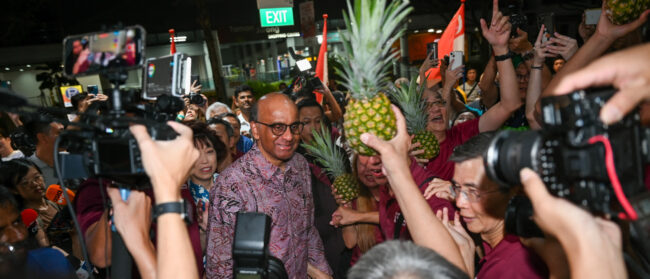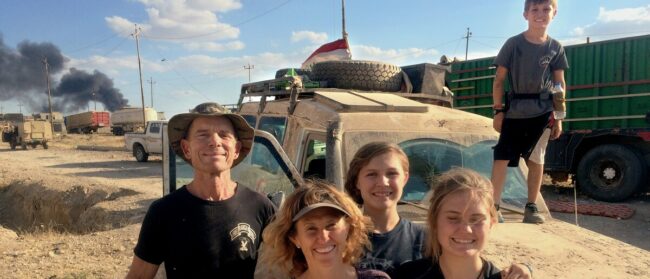The trial of ousted Myanmar leader Aung San Suu Kyi will begin next week, her lawyer told AFP Monday, with the Nobel laureate facing an eclectic raft of charges, from possessing unlicensed walkie-talkies to flouting coronavirus restrictions during last year’s election campaign.
Myanmar has been in uproar since Suu Kyi was ousted in a February 1 coup, with near-daily protests and a nationwide civil disobedience movement.
Almost 850 people have been killed by the military, according to a local monitoring group.
The junta has hit Suu Kyi, 75, with a string of criminal charges. The most serious alleges that she violated the country’s colonial-era Official Secrets Act.
Her trial will start on June 14 and is expected to wrap up by July 26, according to her legal team.
Her lawyers have been allowed to meet with her just twice since she was placed under house arrest, with weeks of delays to her legal case.
“We will get testimonies from plaintiffs and witnesses starting from next hearing,” on Monday, lawyer Min Min Soe said after meeting with Suu Kyi in the capital Naypyidaw.
There was a heavy police presence around the Naypyidaw council compound, close to where the court is located, with roadblocks along streets leading to the area, an AFP reporter said.
Suu Kyi “asked all (people) to stay in good health,” Min Min Soe added.
Suu Kyi spent more than 15 years under house arrest during the previous military rule before her 2010 release and rise to power in elections held five years later.
Junta leader Min Aung Hlaing has justified his power grab by citing alleged electoral fraud in the November poll, which Suu Kyi’s National League for Democracy (NLD) won in a landslide.
The junta has previously said it would hold fresh elections within two years, but has also threatened to dissolve the NLD.
The continuing violence in Myanmar has pushed some in the anti-junta movement to form a so-called “People’s Defence Force” (PDF) in their townships — made up of civilians who fight back against security forces with homemade weapons.
But they are often outnumbered and outgunned in clashes with Myanmar’s military — one of Southeast Asia’s most battle-hardened and brutal.
© Agence France-Presse


